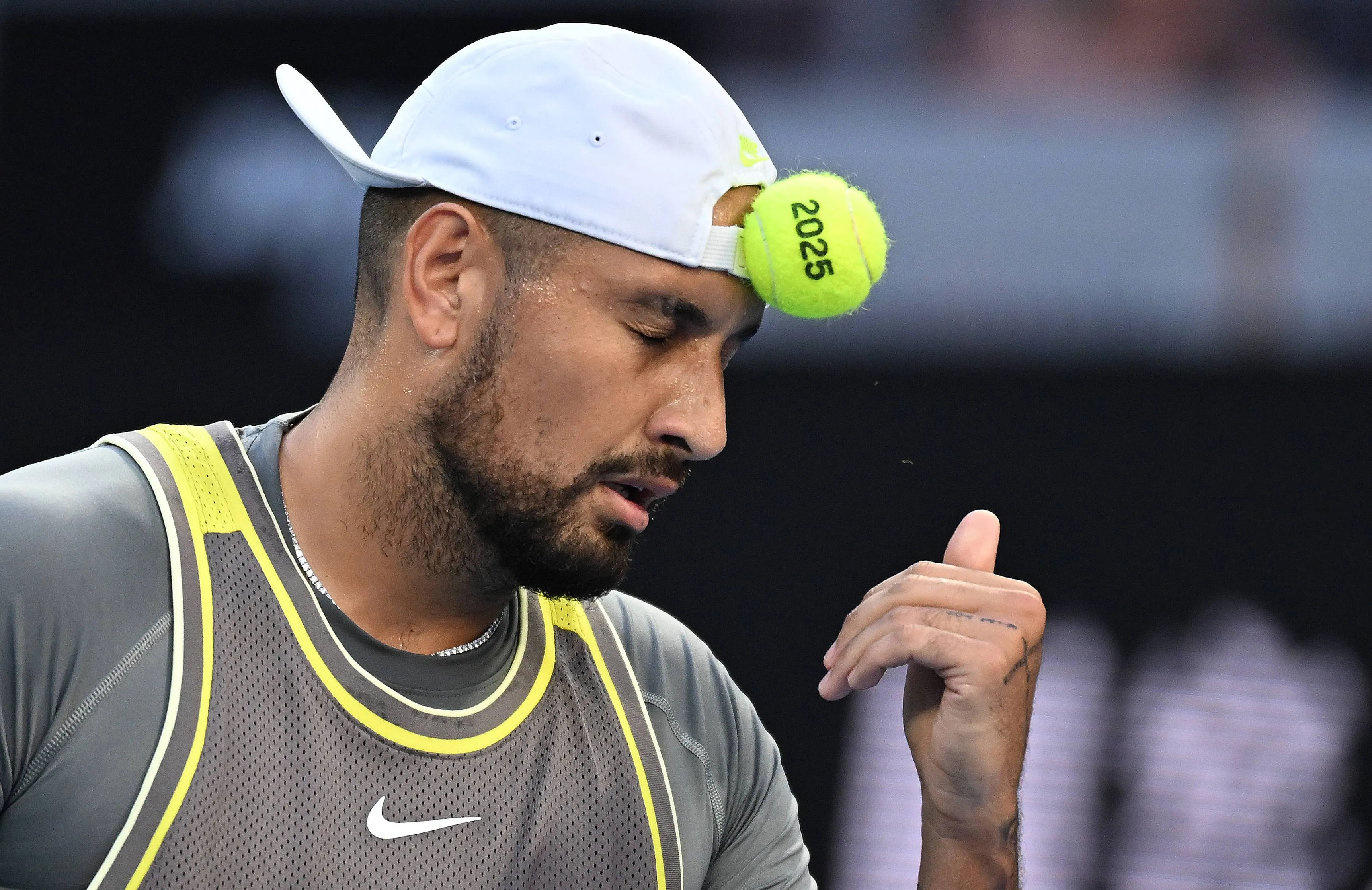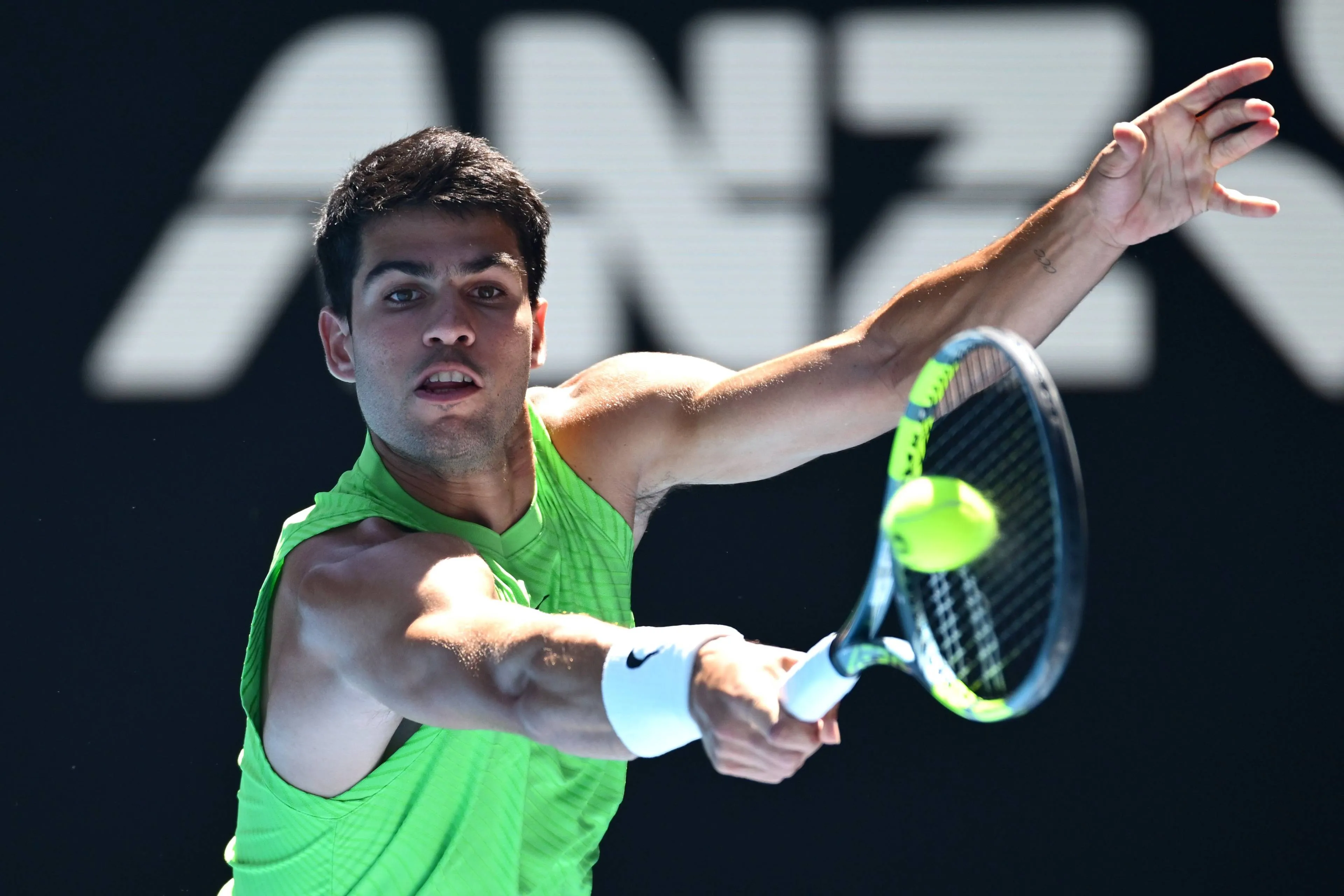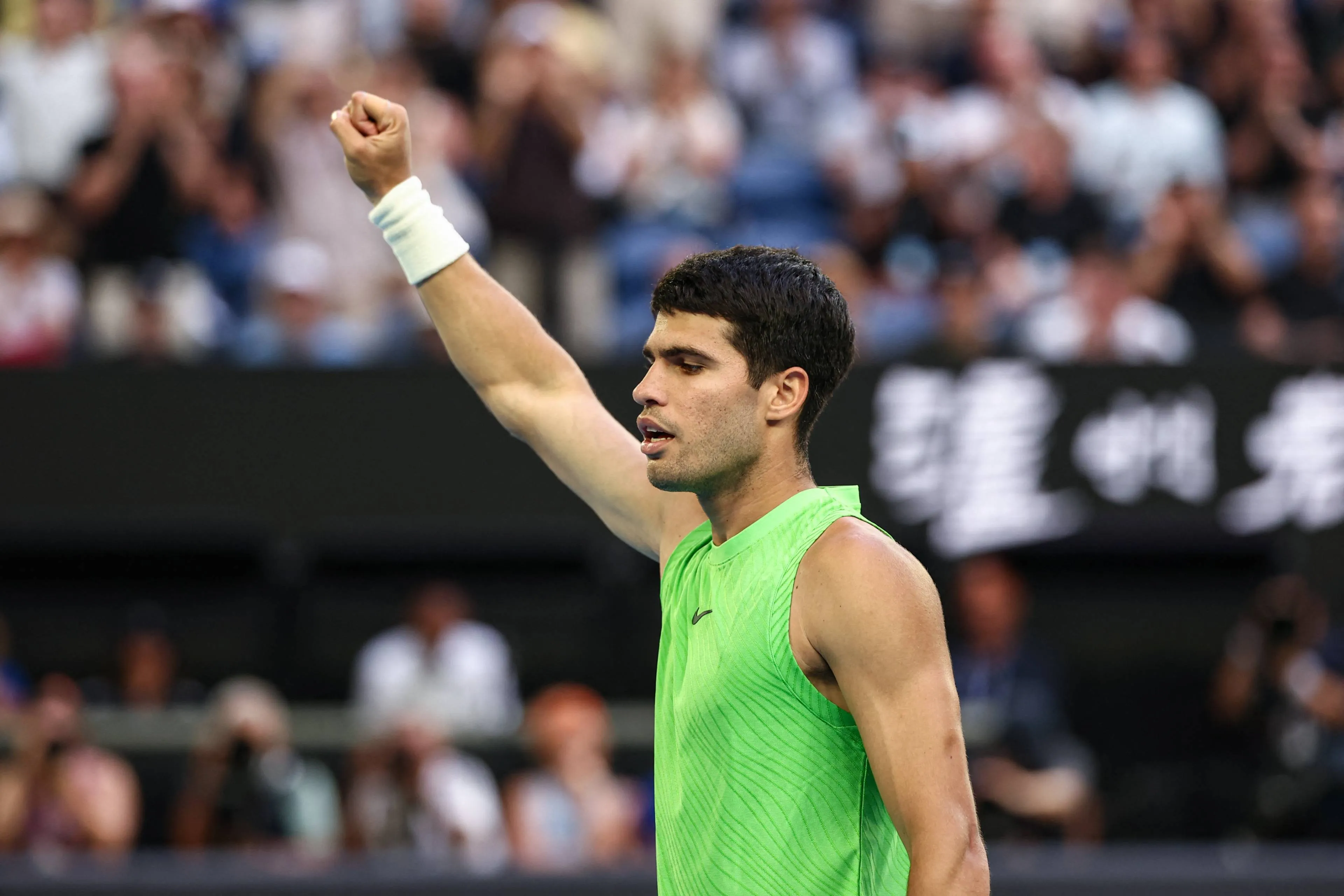'Bias Is Unacceptable': Djokovic's PTPA Releases Critical Statement After Sinner's Ban
NewsSunday, 16 February 2025 at 07:15

The Professional Tennis Players Association (PTPA), an organization co-founded by Novak Djokovic, slammed anti-doping procedures after Jannik Sinner's case resolution.
It seemed like Sinner's doping case would be determined in an appeal hearing at the Court of Arbitration for Sport scheduled for April after the World Anti-Doping Agency (WADA) appealed the International Tennis Integrity Agency's decision to clear the Italian of wrongdoing.
Sinner tested positive twice for clostebol at March's 2024 Indian Wells Open. WADA accepted that the ATP World No. 1 was accidentally contaminated by his physiotherapist but felt he bore some responsibility for that happening.
The governing body initially wanted a ban of between one and two years, so Saturday's news that WADA and Sinner's team had agreed to a three-month ban to end the case before the CAS hearing caused widespread shock.
One of the reasons Djokovic and Vasek Pospisil founded the PTPA was to try to ensure transparency and equity for all players. Whether the organization has actually taken concrete steps to do that is a debated topic. Some feel it has done very little.
However, the PTPA's statement about Sinner's case resolution was blunt. It accused the system of being biased and acting on a case-by-case basis rather than having consistent rules that apply to all players.
"No matter who you root for, several things are now clear. The "system" is not a system. Supposed case-by-case discretion is, in fact, merely cover for tailored deals, unfair treatment, and inconsistent rulings."
"It's not just the different results for different players. It's the lack of transparency. The lack of process. The lack of consistency. The lack of credibility in the alphabet soup of agencies charged with regulating our sports and athletes. The lack of commitment from the ATP, WTA, Grand Slams, ITIA, and WADA to reform and create a fair and transparent system going forward."
Read also
"The bias is unacceptable for all athletes and shows a deep disrespect for every sport and its fans. It's time for change. And we will change it."
The PTPA could not have released a stronger statement against the system. Sinner's case had already received criticism for its lack of transparency before the resolution because the ITIA's investigation was kept private until completion.
Many players probably feel represented by the PTPA's statement about the bias and inconsistency. A high-profile example was Simona Halep, who recently retired, having her case drag on for 18 months before a four-year ban was reduced to nine months.
Many will understandably question why her case took so long to resolve. Others who received suspensions after CAS hearings are probably wondering why they were not given the option to settle the case before that.
This is not the first time WADA or the ITIA have reached agreements with players. The ITIA did this with Jenson Brooksby, allowing him to return to professional tennis earlier than initially planned. However, that does not change the concerns about inconsistency in other parts of the process.
Read also
Loading








